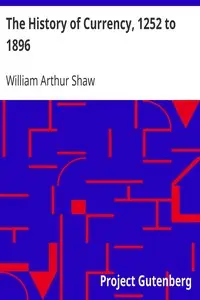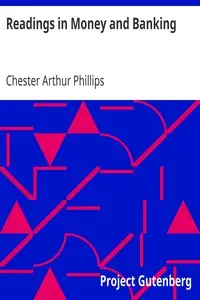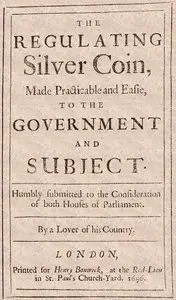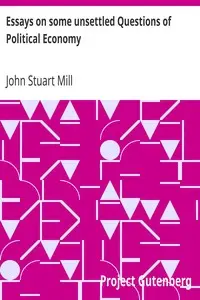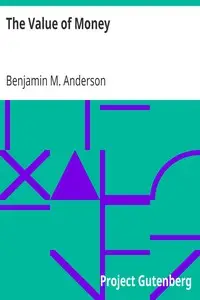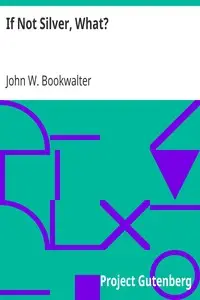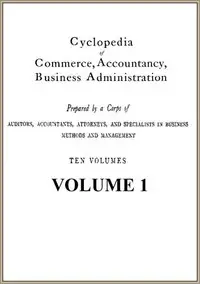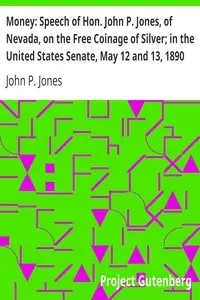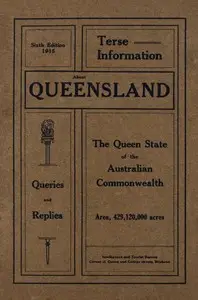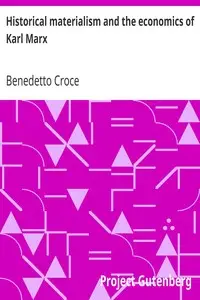"Money and Trade Considered" by John Law is an exploration of economics in the 1700s, examining the core ideas of money, commerce, and potential solutions to a nation's money shortage. Law's writing explores fundamental economic principles, including how goods are valued, the basics of trading without money, and silver's crucial role as a currency, setting the stage for his ideas about fixing the money system. The book starts with Law explaining his goal of understanding money and trade, clearly stating why silver was seen as the best currency for a long time. He starts by looking at how value works in trade, pointing out that how useful and rare something is determines its value, and describing how people traded goods directly before money. Law shows the problems with this direct trade like the challenge of finding good swaps, before building his case for why a steady money system based on silver is important for making trade easier and boosting the economy.
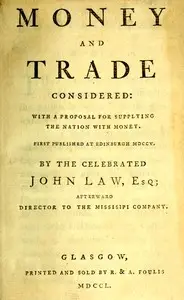
Money and trade considered : $b With a proposal for supplying the nation with money
By John Law
Discover how one person in the 1700s sought to solve a nation's financial problems by unraveling the secrets of money, trade, and the value of goods.
Summary
About the AuthorJohn Law was a Scottish-French economist who distinguished money, a means of exchange, from national wealth dependent on trade. He served as Controller General of Finances under the Duke of Orleans, who was regent for the juvenile Louis XV of France. In 1716, Law set up a private Banque Générale in France. A year later it was nationalised at his request and renamed as Banque Royale. The private bank had been funded mainly by John Law and Louis XV; three-quarters of its capital consisted of government bills and government-accepted notes, effectively making it the nation's first central bank. Backed only partially by silver, it was a fractional reserve bank. Law also set up and directed the Mississippi Company, funded by the Banque Royale. Its chaotic collapse has been compared to the 17th-century tulip mania parable in Holland. The Mississippi bubble coincided with the South Sea bubble in England, which allegedly took ideas from it. Law was a gambler who would win card games by mentally calculating odds. He propounded ideas such as the scarcity theory of value and the real bills doctrine. He held that money creation stimulated an economy, paper money was preferable to metal, and dividend-paying shares a superior form of money. The term "millionaire" was coined for beneficiaries of Law's scheme.
John Law was a Scottish-French economist who distinguished money, a means of exchange, from national wealth dependent on trade. He served as Controller General of Finances under the Duke of Orleans, who was regent for the juvenile Louis XV of France. In 1716, Law set up a private Banque Générale in France. A year later it was nationalised at his request and renamed as Banque Royale. The private bank had been funded mainly by John Law and Louis XV; three-quarters of its capital consisted of government bills and government-accepted notes, effectively making it the nation's first central bank. Backed only partially by silver, it was a fractional reserve bank. Law also set up and directed the Mississippi Company, funded by the Banque Royale. Its chaotic collapse has been compared to the 17th-century tulip mania parable in Holland. The Mississippi bubble coincided with the South Sea bubble in England, which allegedly took ideas from it. Law was a gambler who would win card games by mentally calculating odds. He propounded ideas such as the scarcity theory of value and the real bills doctrine. He held that money creation stimulated an economy, paper money was preferable to metal, and dividend-paying shares a superior form of money. The term "millionaire" was coined for beneficiaries of Law's scheme.

